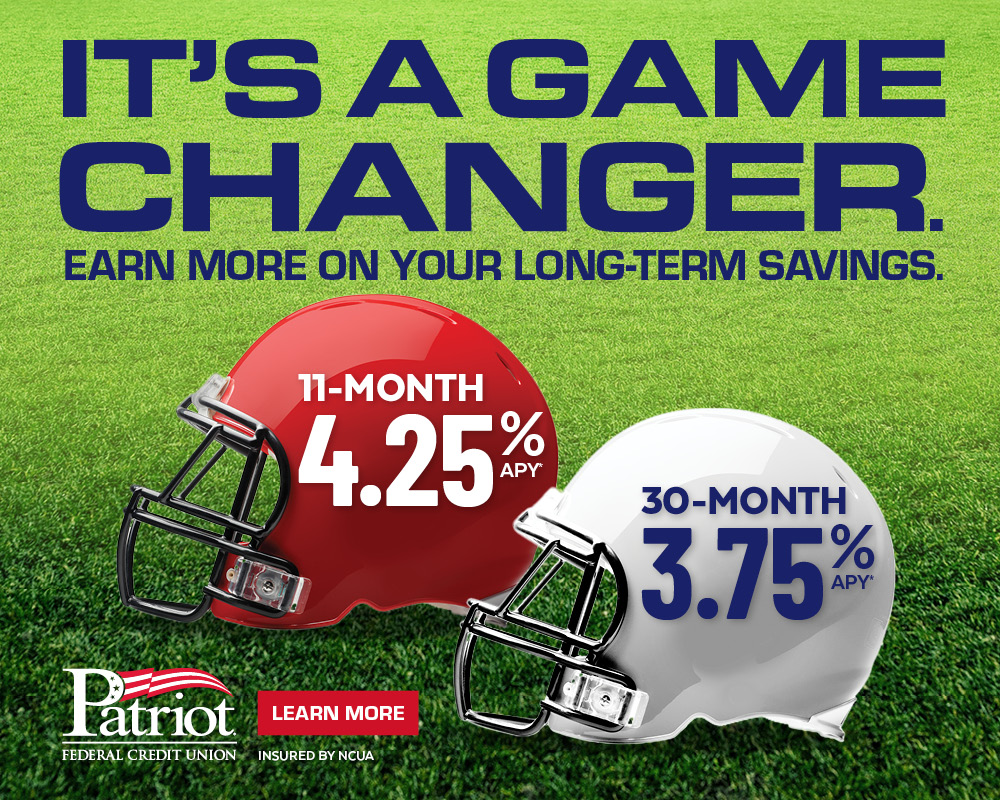We live in a country that is mad about sports.
In fact, some people get a little too mad about sports. If only they understood that a walk or two around the block is a sport, or catch in the backyard with the kids, maybe they’d lighten up a little when their favorite team lost last night. After all, they’re only games.
Or, are they?
Convincing people that professional sports aren’t as important as believed is a tough sell. People will fight for the honor of their teams. Just be a lamp post in a stadium parking lot after a game and you’ll be left scratching your head.
But, first, a disclaimer. This is a column about awareness, not a column about relegating the subject to the dustbin of history. Although, they’ve been heading in that direction ever since the turn of the century. If Rod Serling were alive today, sports in general would fill an entire season of the Twilight Zone.
Submitted for your approval, here are three reasons not to take professional sports too seriously.
SHOW ME THE MONEY. Cuba Gooding Jr. wanted Tom Cruise to show him the money in the hit movie Jerry Maguire. Pay me what I’m worth, and I’ll play.
Well, if there’s one reason to curb your enthusiasm for big-time sports, it’s money, money, money.
In the professional game, star athletes rake in enough money to finance small countries. Franchises represent not teams but small corporations under the umbrella of larger corporations. People spend a lot of money for tickets, drinks and food, but what do they really get out of all that money? Not much more than a hangover and a bad attitude if the home team loses, or an inflated sense of self-esteem if the home team wins.
Fans will wait for hours to get autographs, and they’ll spend hours arguing with friends and strangers about why their teams are the best thing to happen to the world since plumbing. Star athletes have been given demi-god status. They are better than you or me. Why? Because they dunk a basketball, throw a touchdown pass or hit a home run?
Take some unsolicited advice. Instead of watching college and pro sports on a habitual basis, try watching nature shows, and not the kind that animals eat each other.
SPORTS BETTING. The tentacles of sports gambling have stretched beyond Las Vegas into virtually every nook and cranny of America. That’s not a good thing. Gambling is as addictive as smoking and drugs. How this is a good thing for sports is beyond me.
Yet, the growth of sports betting has become exponential in the past several years, with no signs of going down. Even though there isn’t even fine print when it comes to the consequences, and guys like John Salley, Drew Brees and Jamie Fox making nauseating sales pitches for putting your dough in the pot and getting a return in a high-stakes game of chance. Got a gambling problem? You can call an 800-number for help.
In finance, there are key indicators that reveal whether the market is bullish or bearish. In sports, betting is a key indicator that tells us in plain sight that the legitimacy of sporting events is compromised before the kickoff or tipoff.
This is not a judgment on those who exercise their free will to gamble on sports. However, it is an admonition that gambling in any form is risky. It is compulsive, and there is way more downside than upside.
What people need to understand is that professional sports are a form of entertainment, and not necessarily athletic competition. It’s in the disclaimer that states, “for the private use of our audience.” Leagues survive not by selling tickets but by being paid TV money and sponsorship, including naming rights to stadiums.
MOUNTAINS AND MOLE HILLS. When the Philadelphia Flyers lost to the New York Islanders in the 1980 Stanley Cup Finals, I punched a hole in the wall of our family room. When the Miami Dolphins lost to the Oakland Raiders in the 1974 AFC Divisional Playoffs, I was virtually clinically depressed for days.
Over what? A bunch of grown men playing kids’ games for money.
These days, the overblown significance of professional sports on the landscape of America has added yet another dystopian aspect to life.
Oh, the humanity!
The media is awash in analysis and discussions about the personalities, the big plays, the scandals, the bad calls, who is going to win a title, who should be fired, who should be traded – all with a straight face and a life-or-death sentiment. Truth is, professional sports are alternate realities, and those talking heads will do everything they can to convince you that the Stanley Cup playoffs, the World Series, free agency or any other aspect of the alternate reality is the most urgent thing in your life at that moment.
Bah, hah, hah, hah, hah, hah.
The only difference between a missed last-second field goal and a made last-second field goal is who won and who lost. When the outcome of a sports contest affects the emotional health of a person, something has to give. It’s time to find healthier outlets in our free time.
Sports at any level is a form of divide and conquer. One side battles the other. There are winners and losers. There are victors and vanquished, conquerors and conquered. Sports are a microcosm of life in the sense that humanity is always at odds with one another. It’s like that in the business world, in nature, in education, even medicine and health care.
We love a NASCAR wreck, some one getting knocked unconscious in a UFC fight, or someone getting de-cleated on the football field.
Oh, the humanity!
Lee Goodwin writes about sports for Local.News. His column, “Sports Focus,” appears Fridays.





















